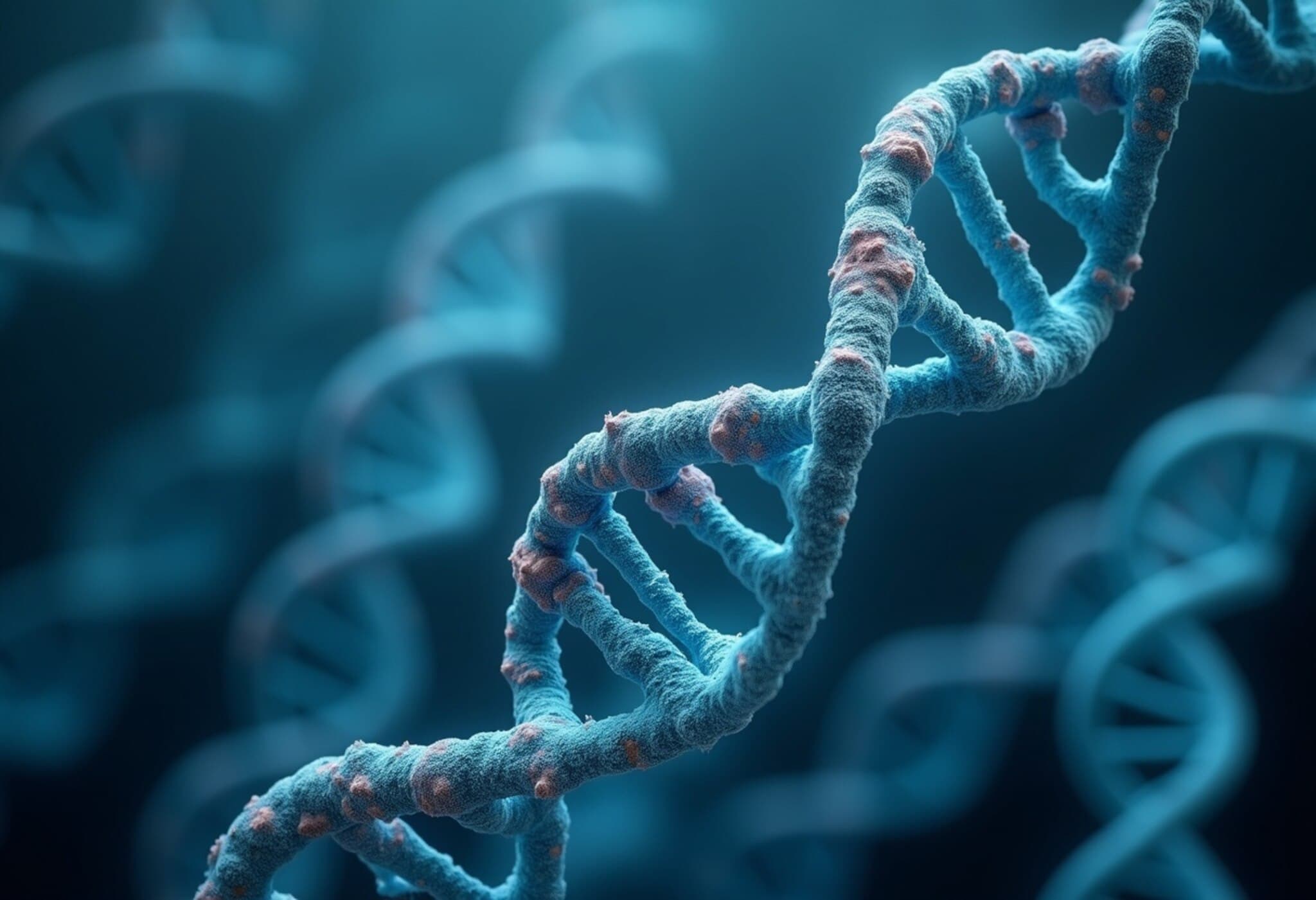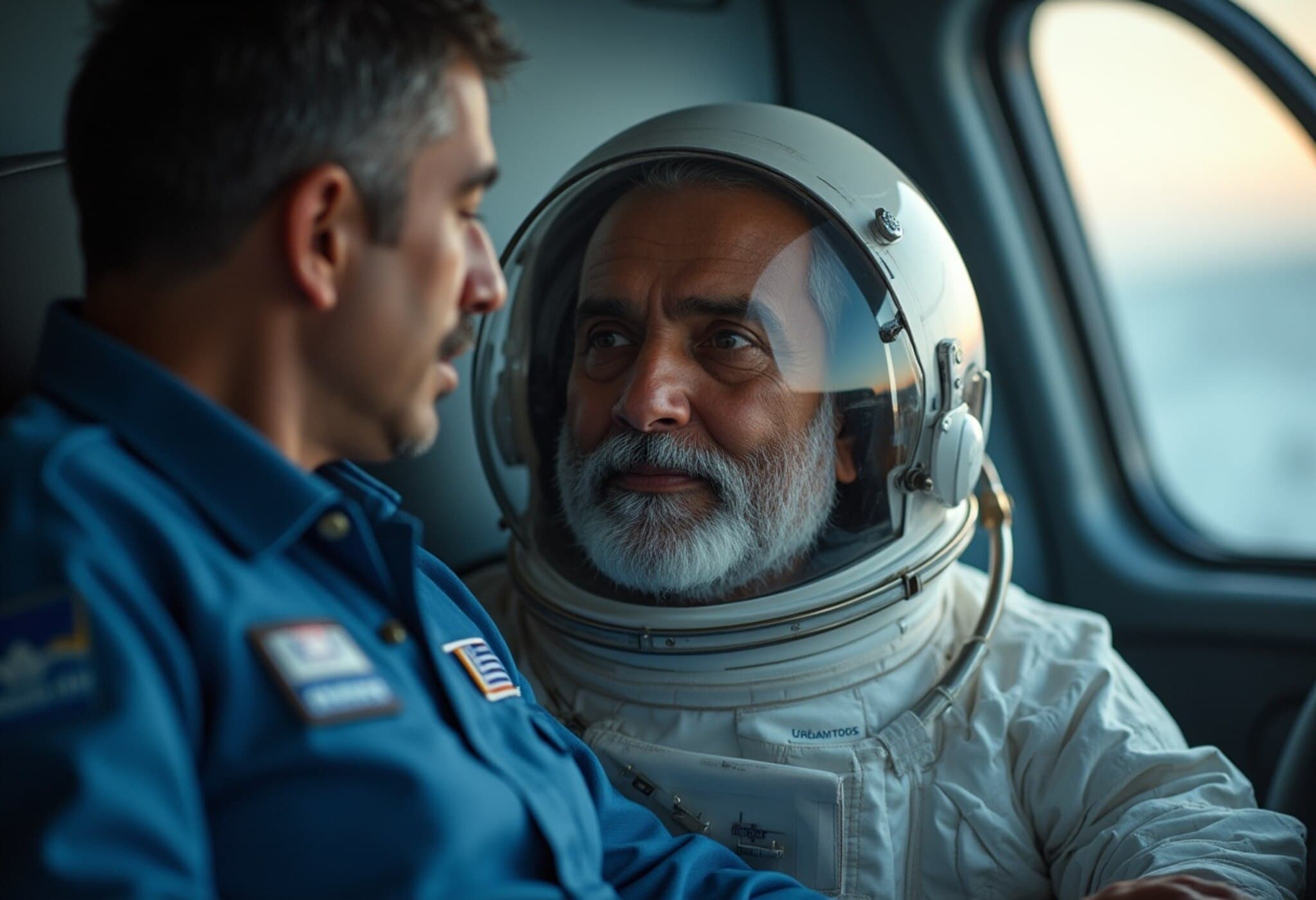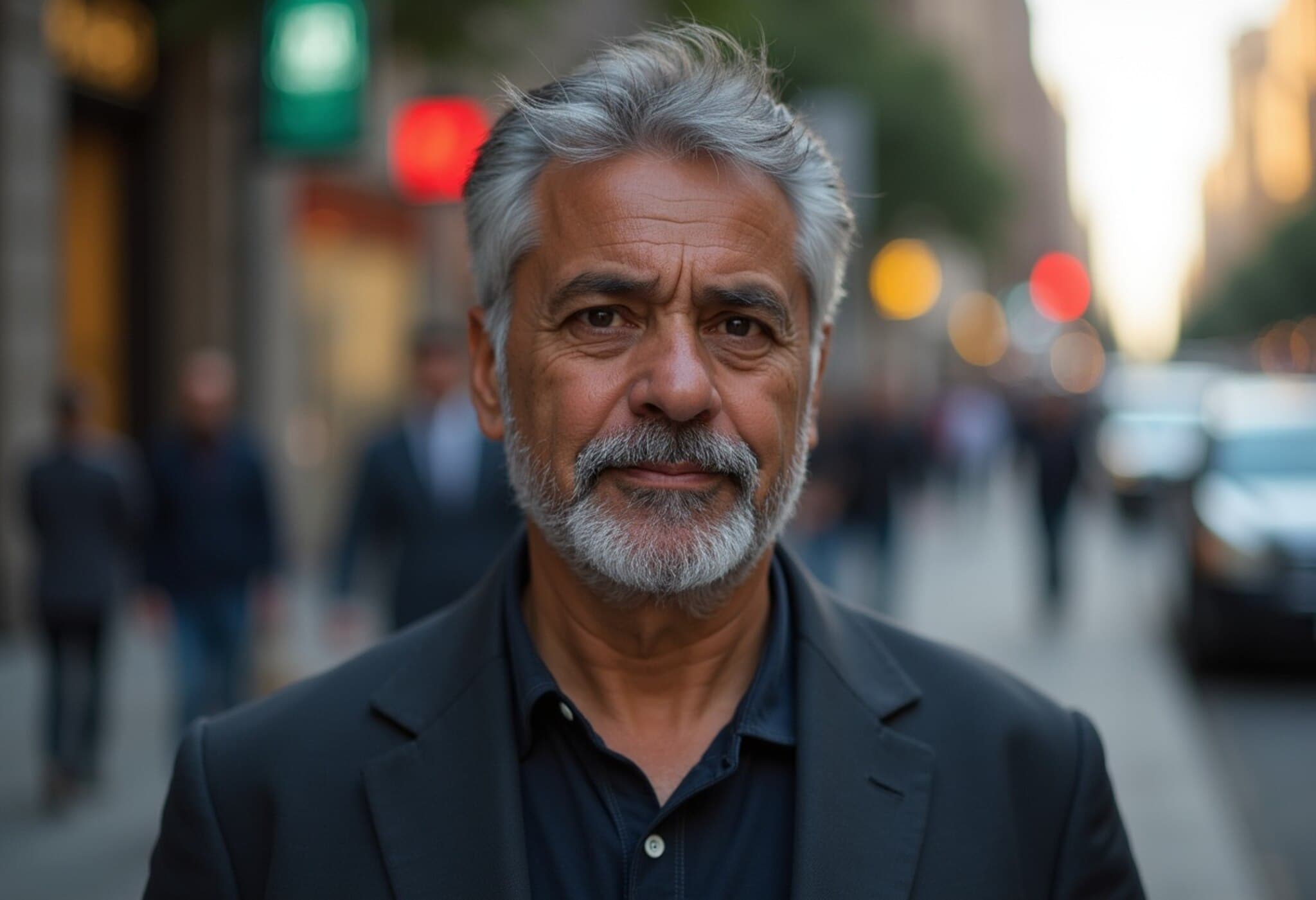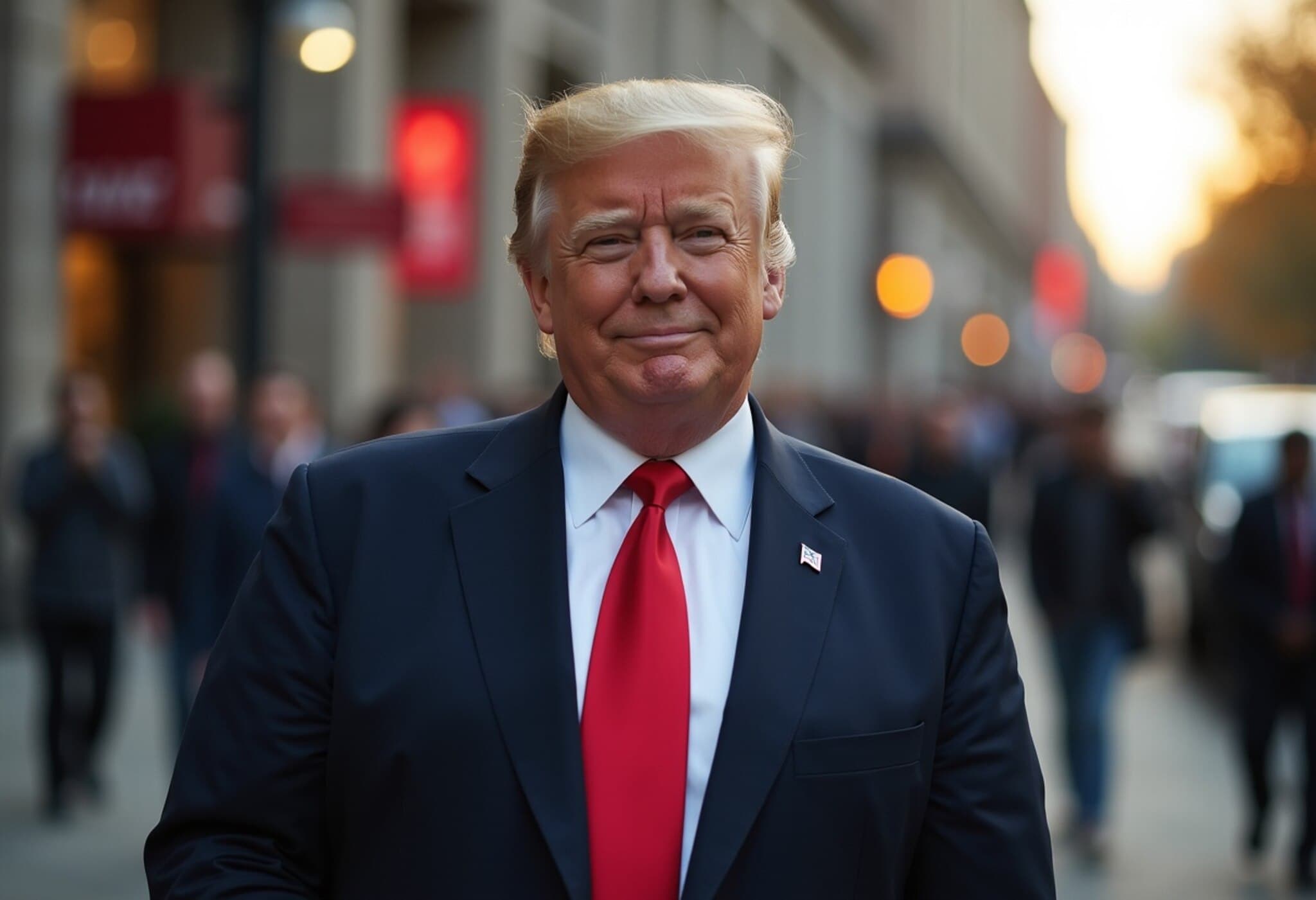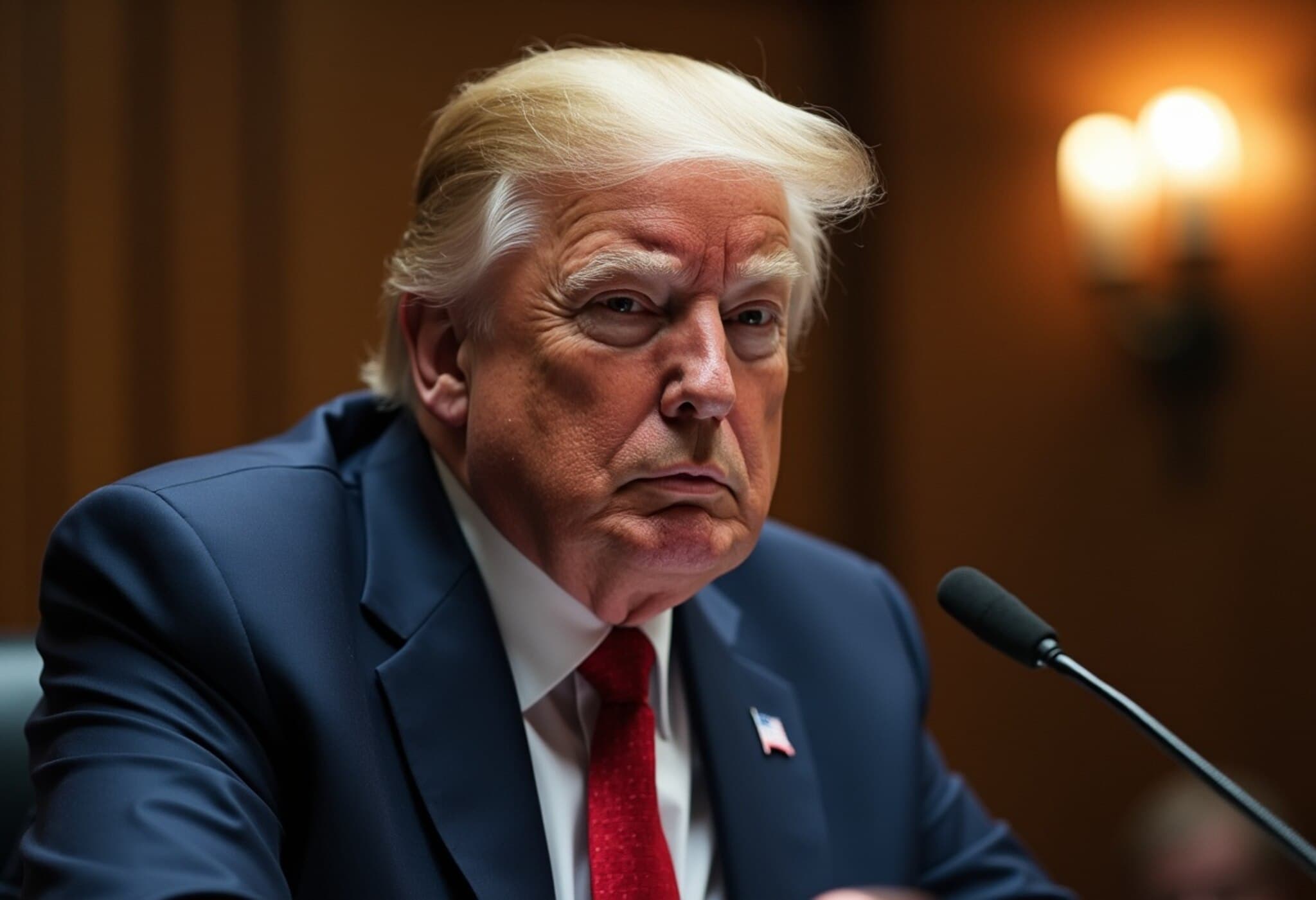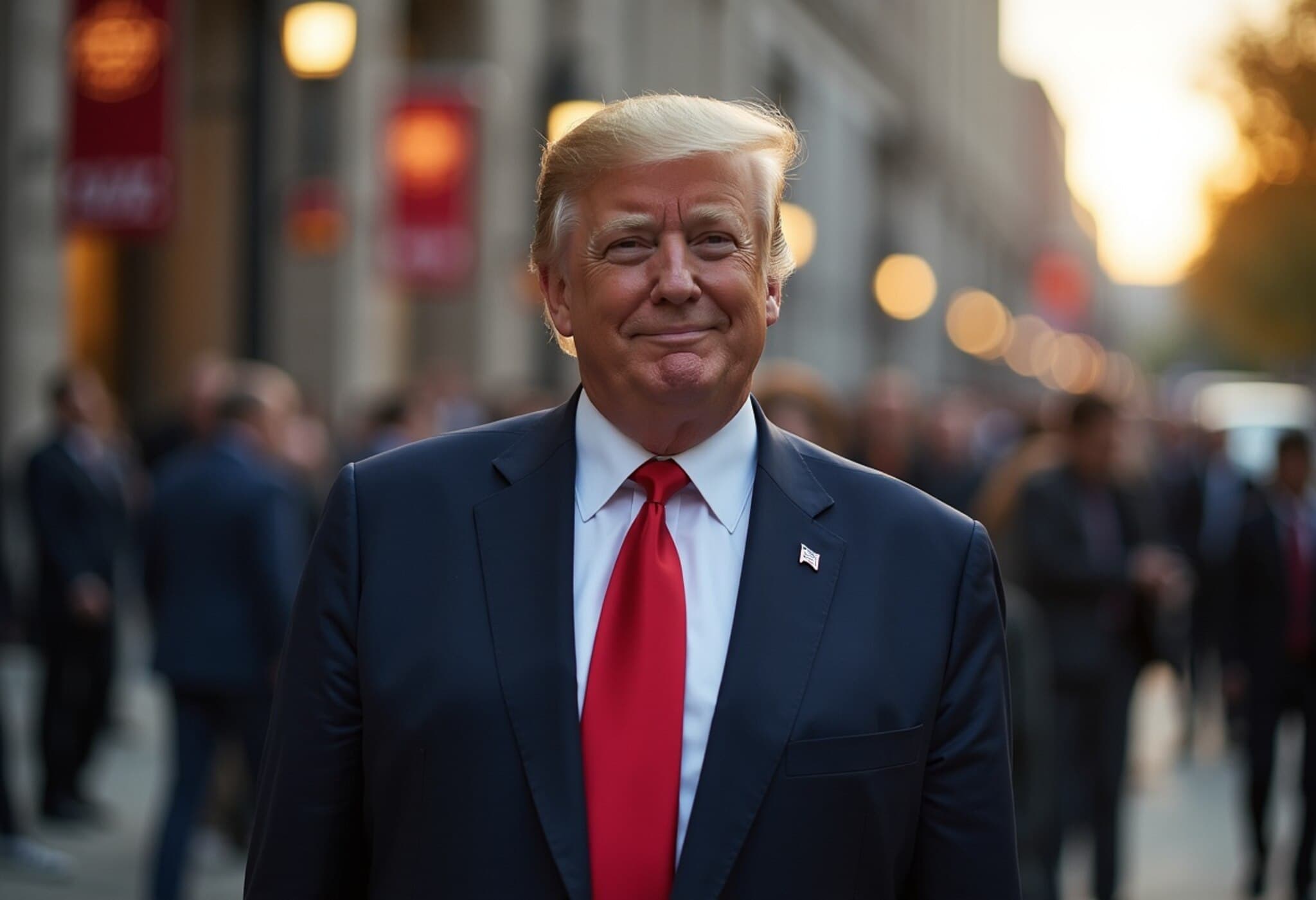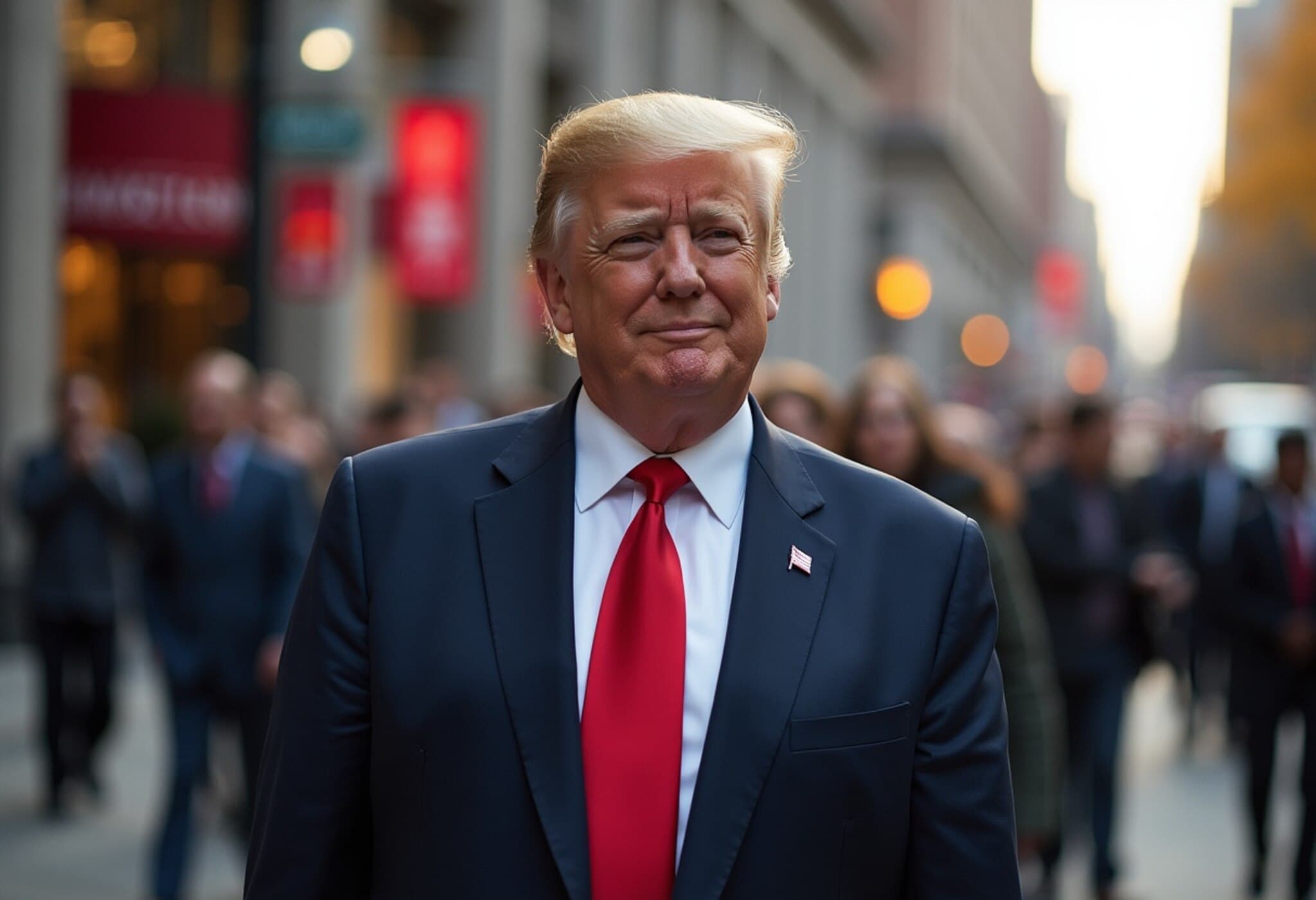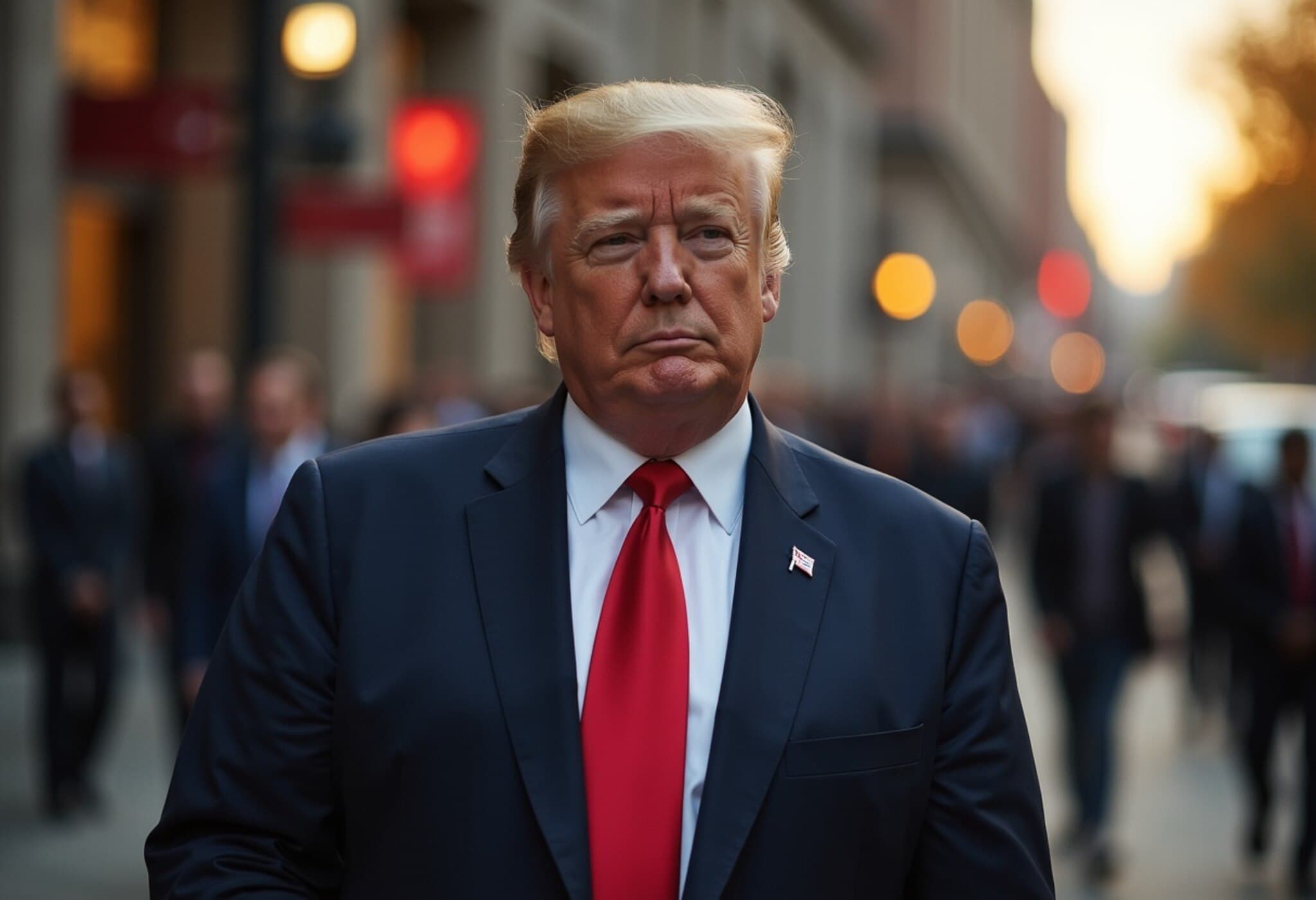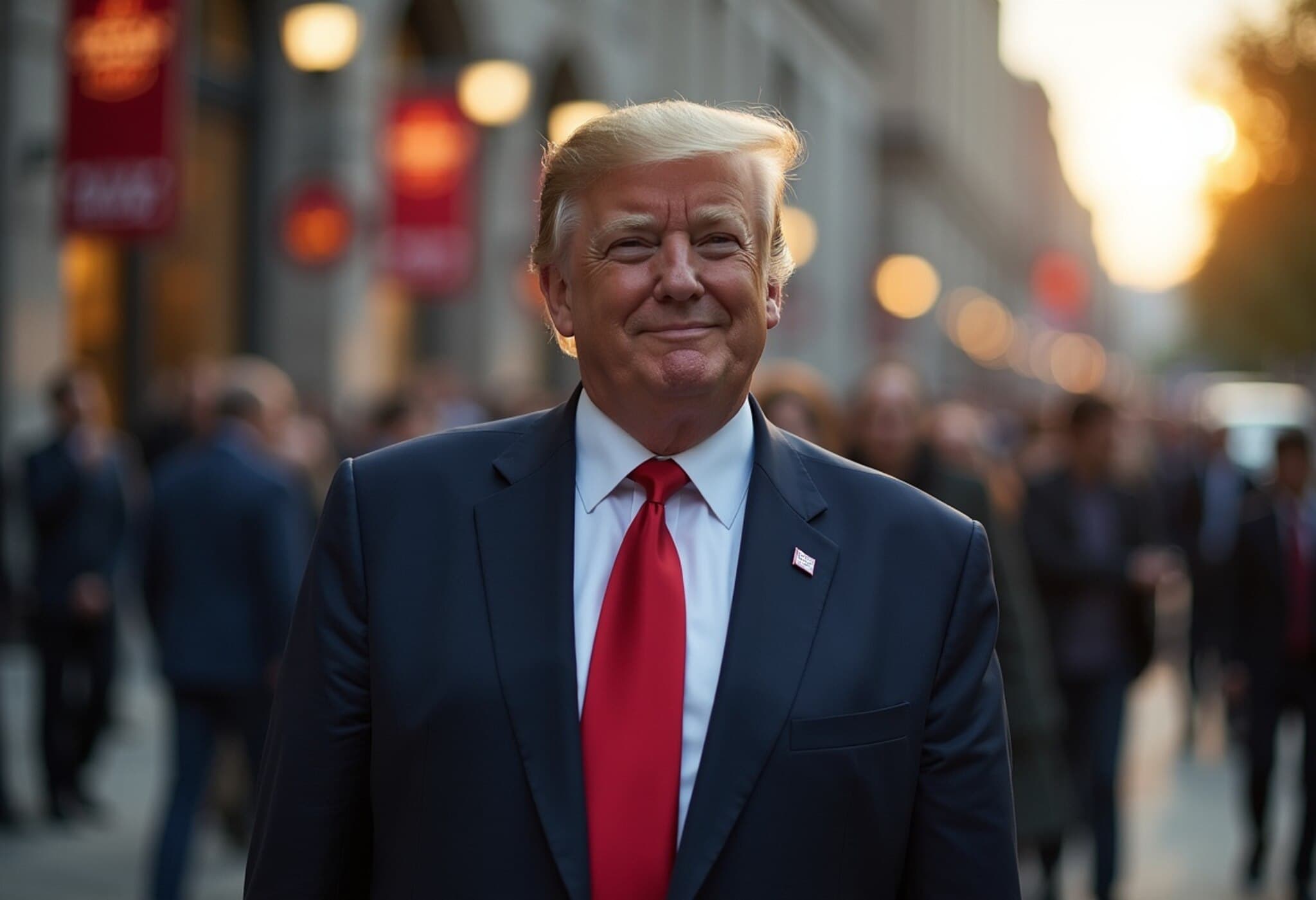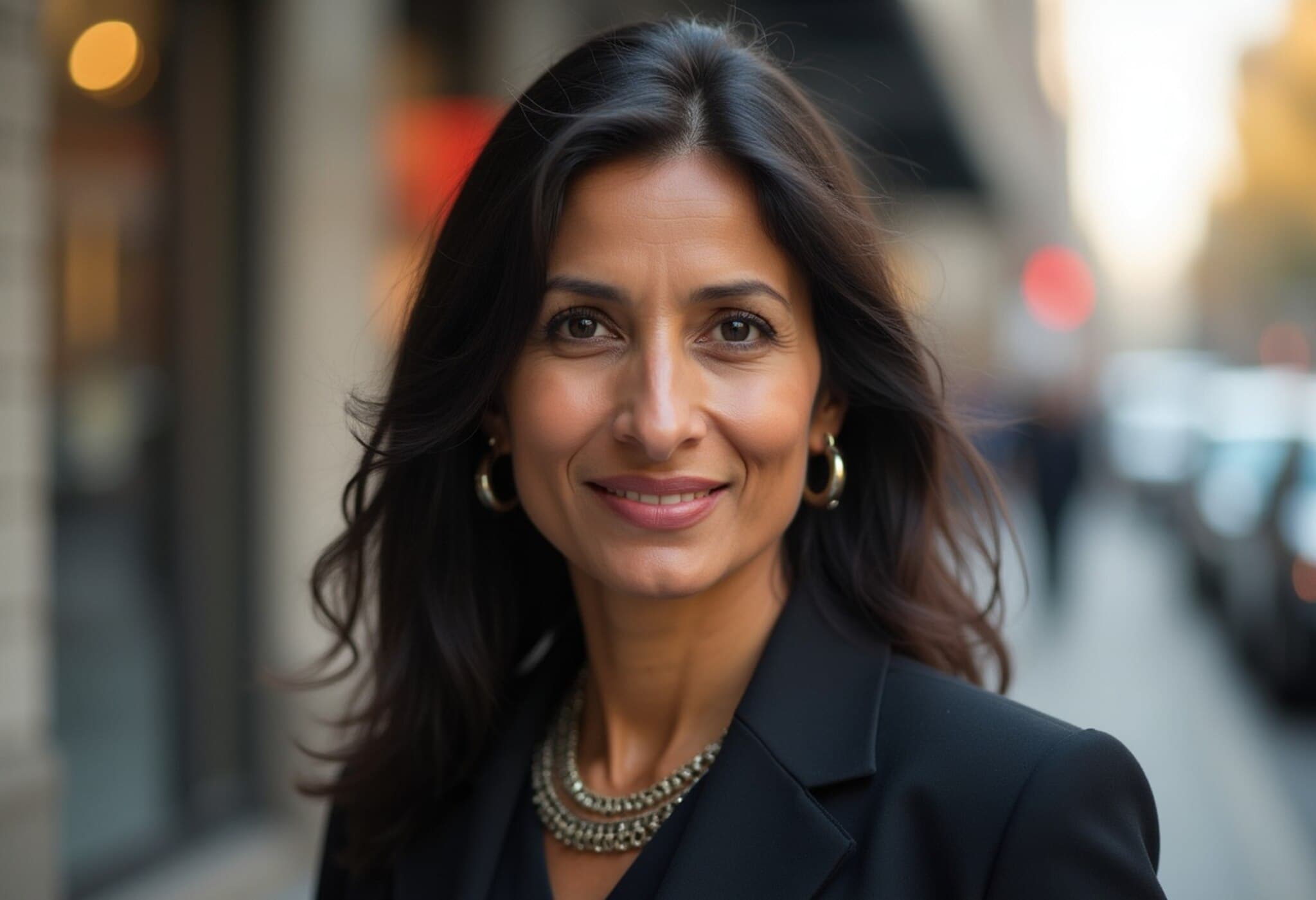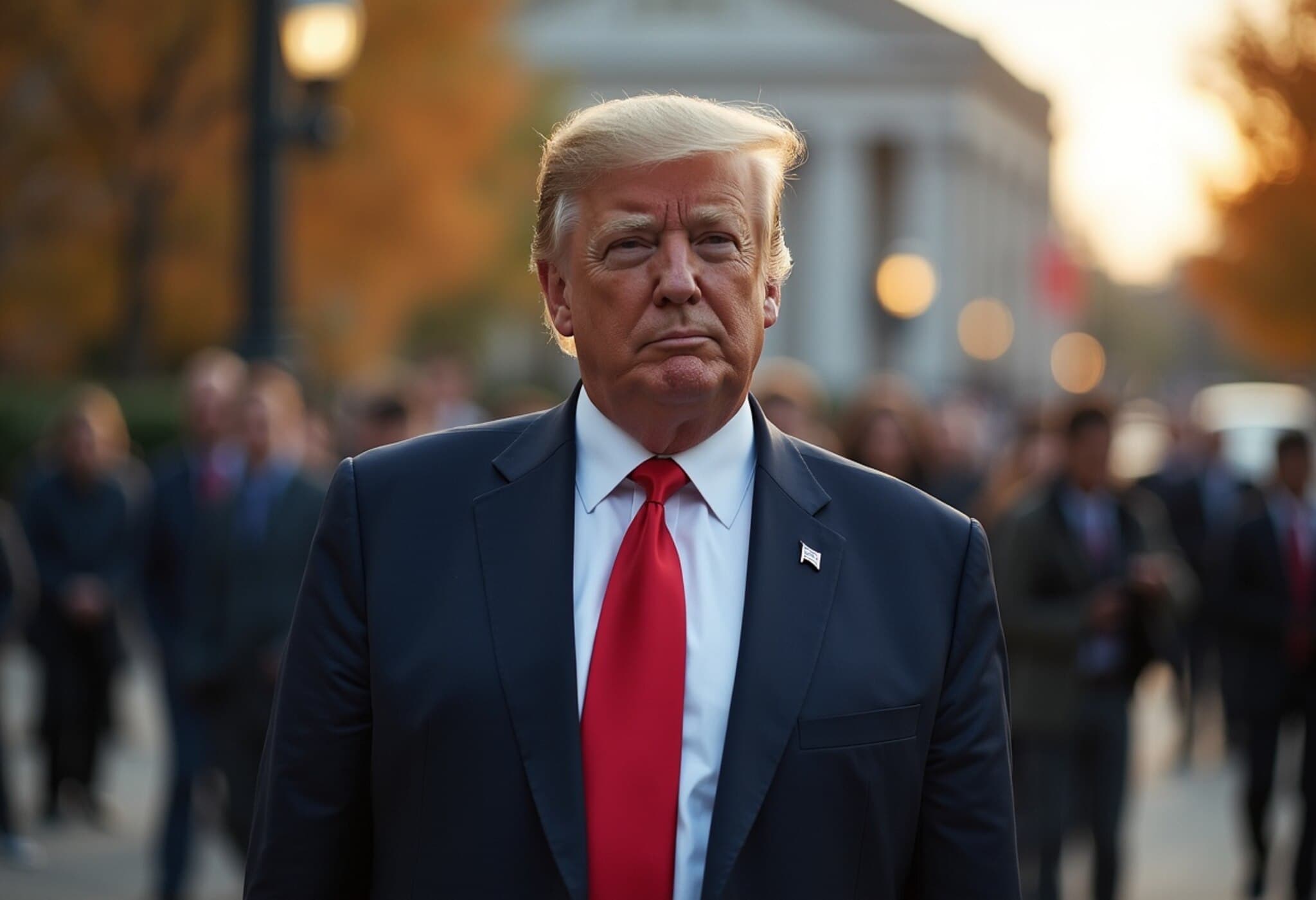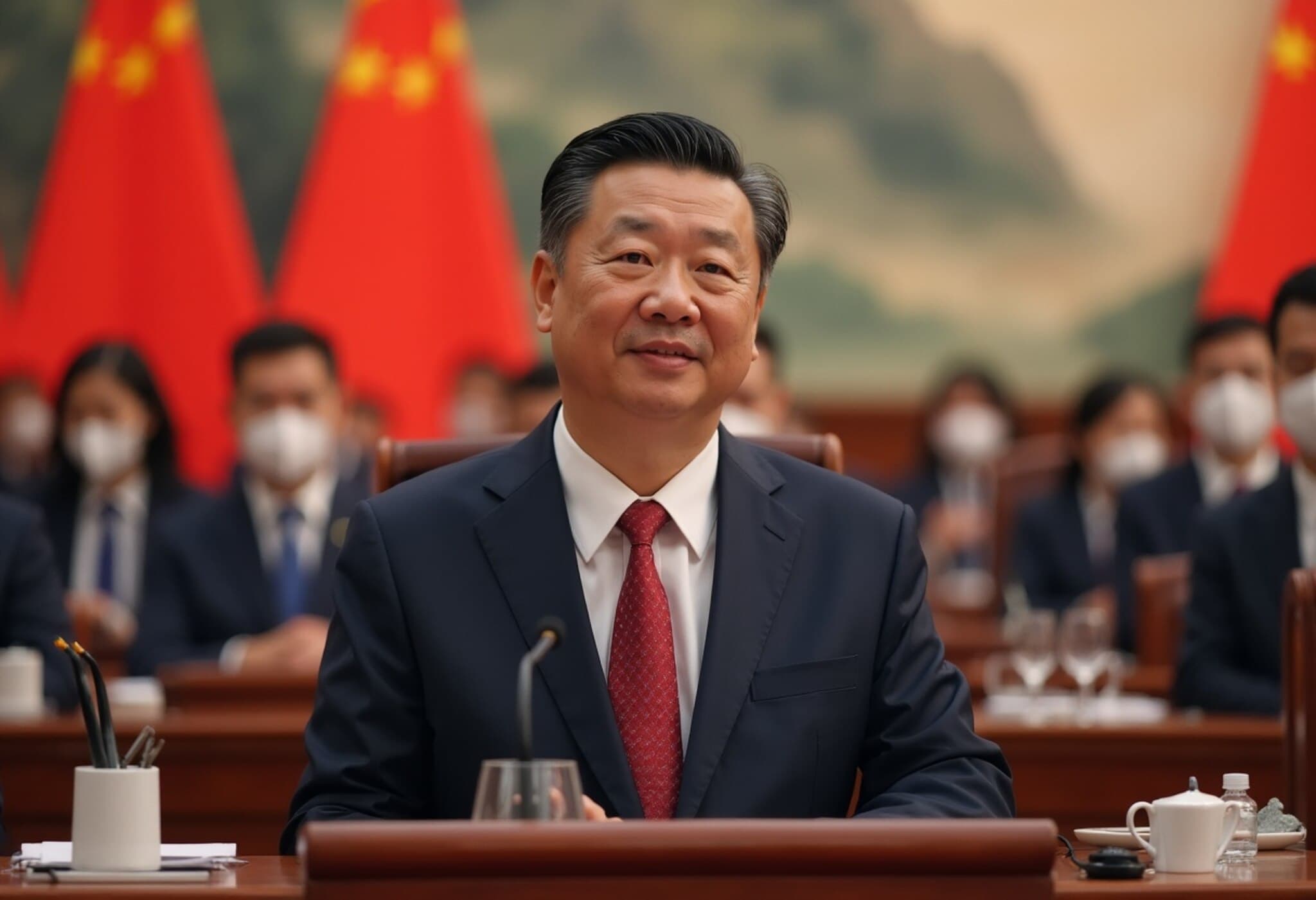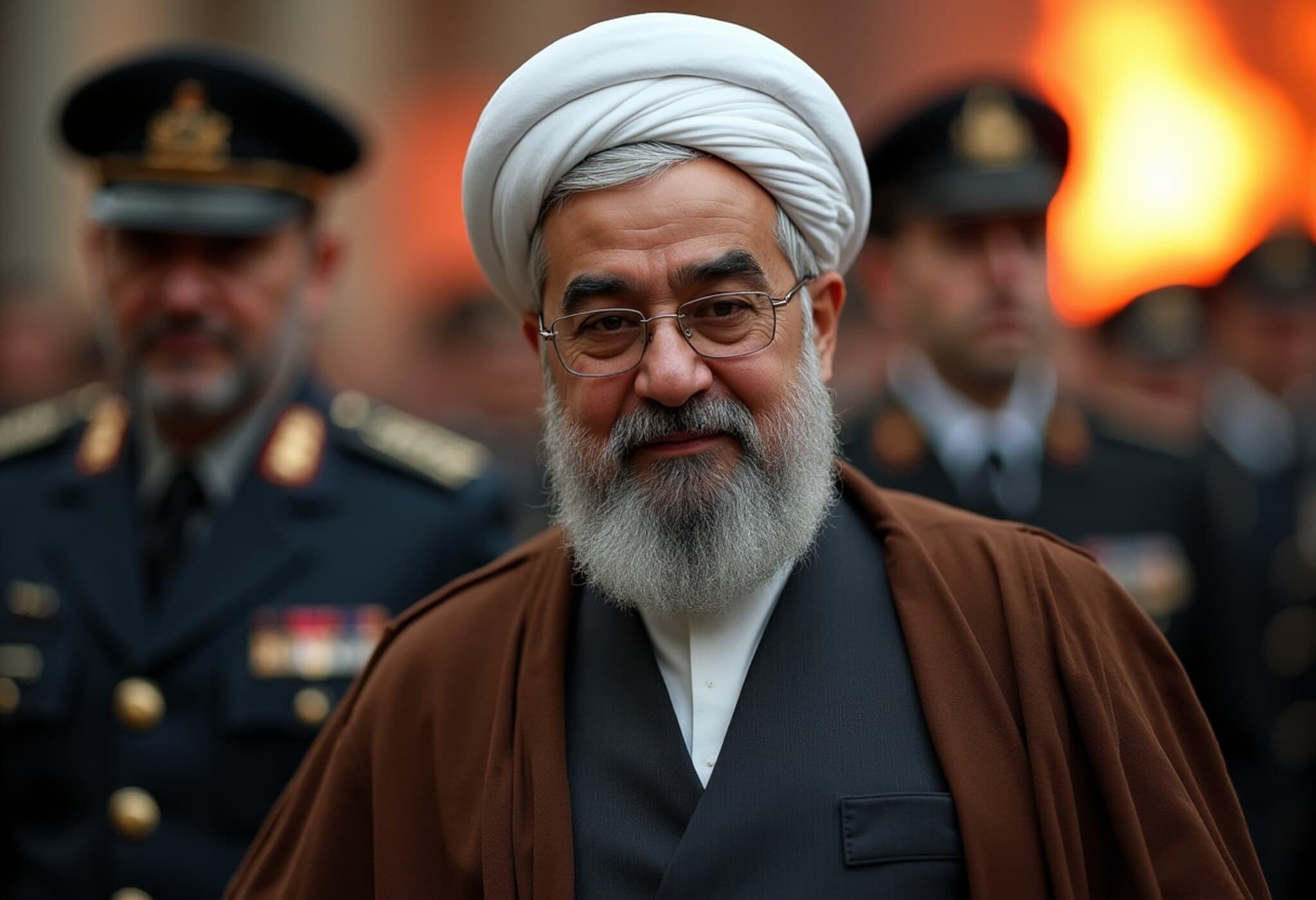Harvard Researcher Indicted on Additional Charges
Kseniia Petrova, a 30-year-old scientist at Harvard University, has been hit with new federal charges nearly two weeks after being granted bail. The Russian-born researcher was initially accused of smuggling frog embryos into the United States, but a grand jury in Boston has now charged her with three counts: concealment of a material fact, false statement, and smuggling goods into the country.
Expansion of Criminal Allegations
Originally, prosecutors only charged Petrova with smuggling in May. However, following her lawyers' request to dismiss the initial complaint, the indictment added further allegations, increasing her legal exposure. Her defense team has yet to comment on the developments.
Timeline of Arrest and Bail
Petrova was detained on February 16 at Boston's airport after returning from France. Authorities flagged her checked duffle bag, discovering the frog embryos inside. She spent months in custody before being released on bail on June 12.
Controversy Surrounding Detainment
Supporters argue her arrest aligns with a broader pattern during former President Donald Trump’s administration, which targeted international students and academics through visa revocations and detentions as part of stringent immigration policies.
Details of the Incident
Petrova, affiliated with Harvard Medical School, claimed that her supervisor instructed her to bring back the frog embryo samples for research. However, prosecutors argue these biological materials should have been declared upon entry to the US. They contend that when questioned, Petrova first denied carrying biological material and later said she was uncertain if the embryos needed to be declared.
Moreover, prosecutors presented text messages from a colleague advising Petrova to obtain permission before transporting the samples, which contradicts her statements to law enforcement.
Visa Cancellation and Deportation Concerns
Following the discovery, Petrova’s visa was revoked, and US immigration officials initiated deportation proceedings. Petrova has expressed fears about returning to Russia, especially after publicly opposing the country’s stance on the Ukraine conflict.
What Lies Ahead?
The evolving case highlights complex issues surrounding the transfer of biological materials, international academic collaboration, and immigration enforcement. With additional charges now filed, Petrova’s legal battle is far from over as both sides prepare for what could be a protracted court process.



